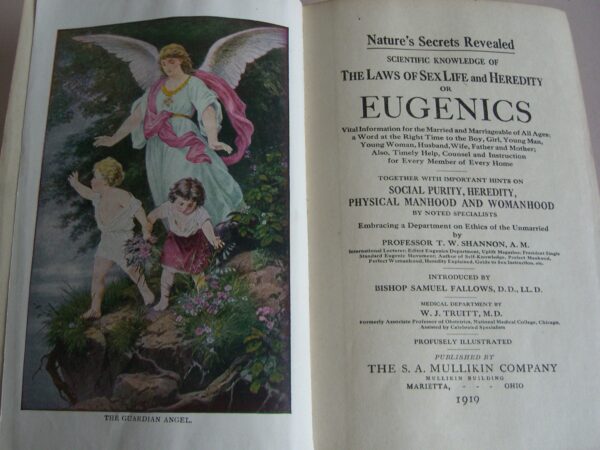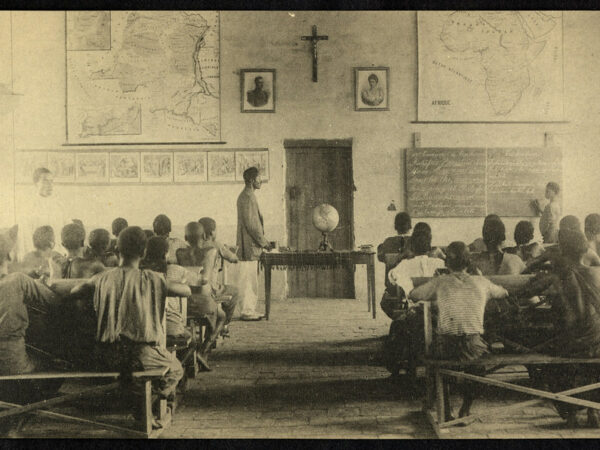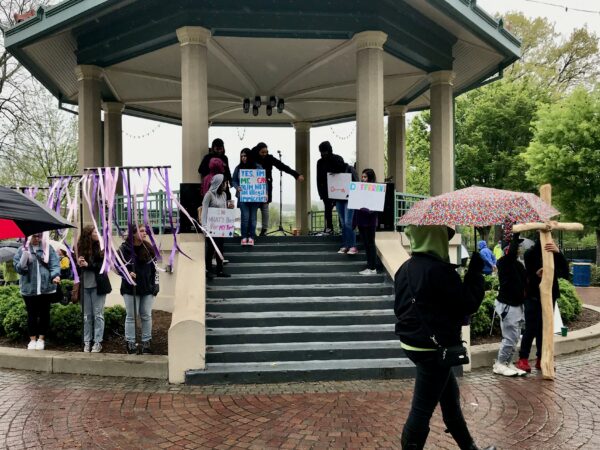
A common denominator among most scholarship on the relationship between theology and anthropology is lack of specificity around which and whose anthropology and theology we’re talking about. This overly generalized frame has privileged white, male, Eurocentric intellectual traditions and misses the generative possibilities of a more specific interdisciplinary exchange.

The historical and theoretical relationships between race and capitalism are internally contested and in need of further exploration from theologians and scholars of religion.

Jesus’ claim to be the good shepherd is much more than a comforting metaphor. It is a claim to kingship and a clarion call to surrender our wills and follow him to green pastures. His kingship subverts hierarchies. He models followership for us and ushers us into wide-open spaces where we can flourish in his upside-down kingdom.
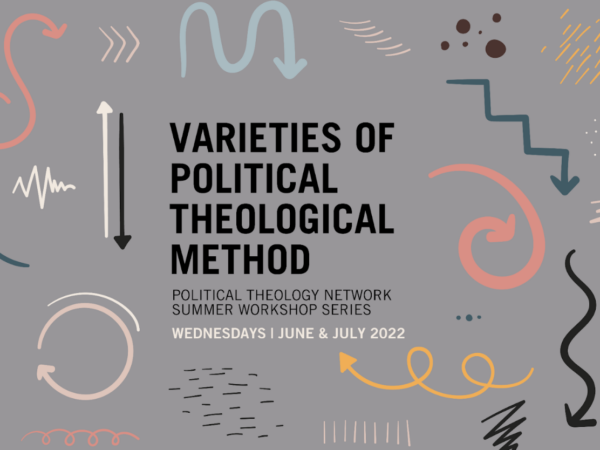
Authors should submit a 500 word abstract to Mary Nickel ([email protected]) and Kathy Chow ([email protected]) by May 15. Please put “PTN Workshop Series Proposal” in the subject line. We will notify participants of our decisions by May 22.
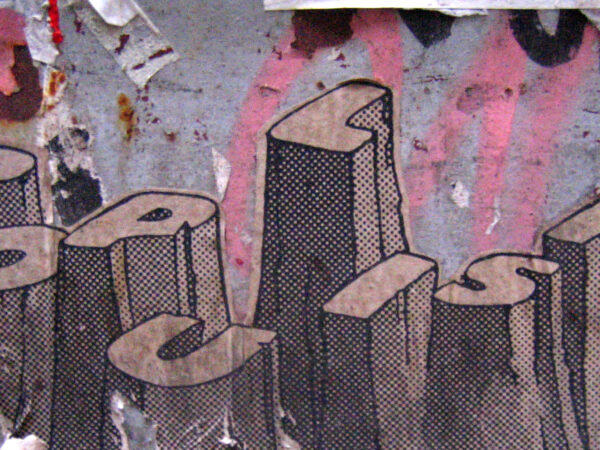
Normative distinctions between “honest” and “hijacked” Christianity are a recurrent reference in research on populism. Yet the practices in which Christianity is embedded and embodied paint a more complicated picture. By re-drawing the distinction between the “honest” and the “hijacked,” these practices enable critiques of the anti-Muslim racism that runs through populist politics.

Combinations of theology and anthropology have been criticized for losing track of what theology ought to be about. Yet this loss might be precisely what enables scholars to understand political practices which point towards that which escapes both the theological and the anthropological grasp—a pointer which could be crucial to fashion solidarities that connect faiths in the pursuit of justice.

It is, as we read throughout Acts, about how this epistemological truth has moral and ethical implications, disrupting the naturalized ways in how we relate to each other as consequences of history, religion, or culture. We do not only see Jesus where we expect him, but also in those who are oppressed, who we oppress, and oppose.
